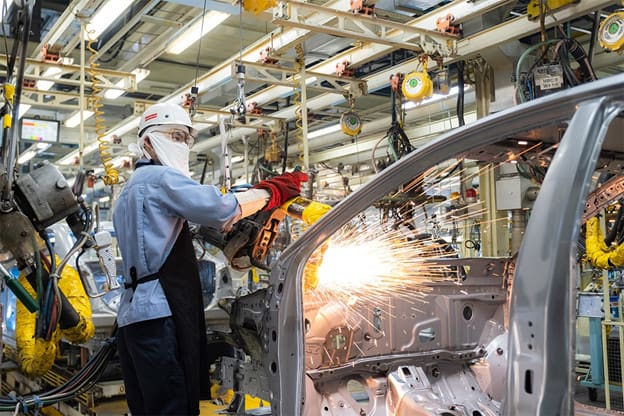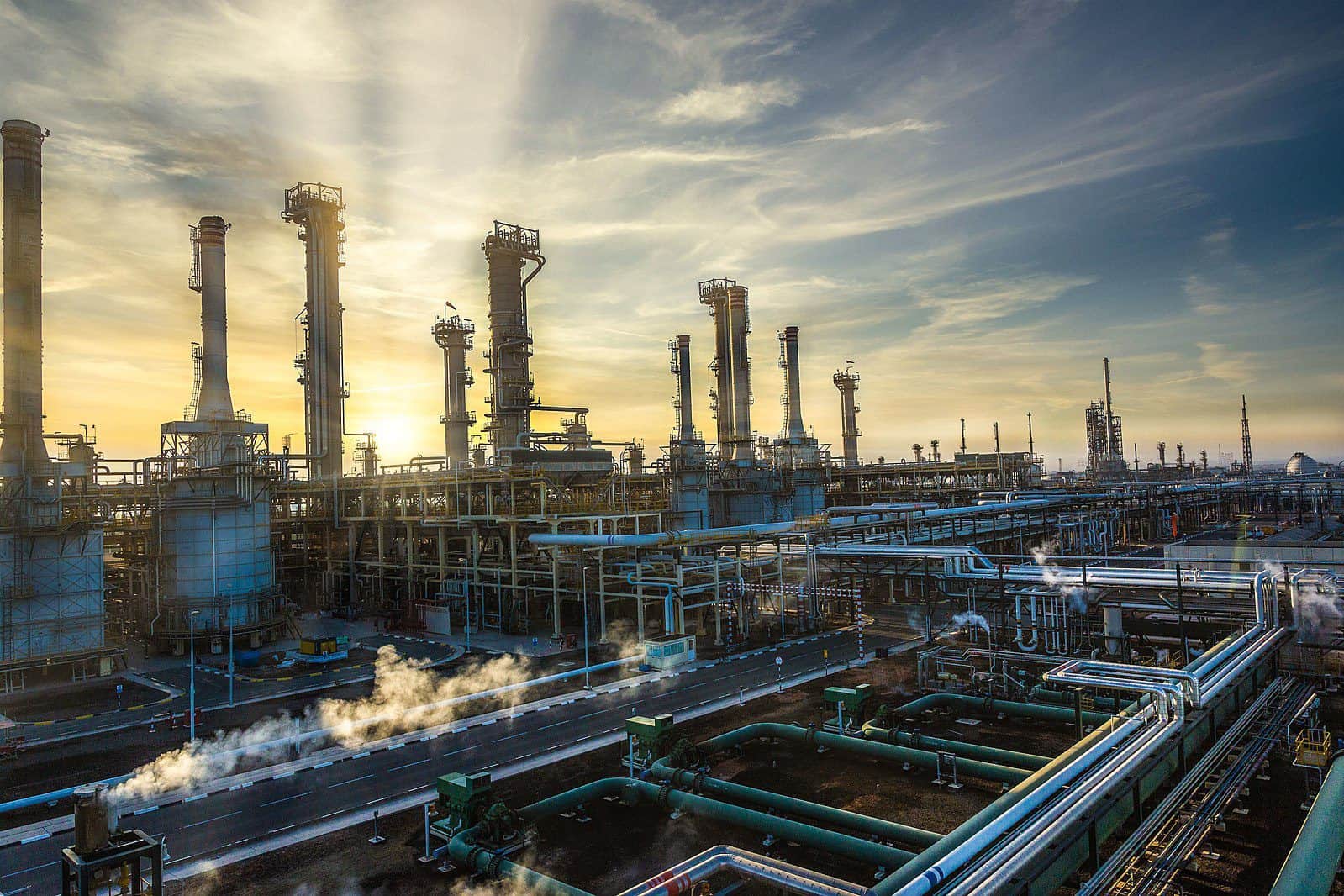With remarkable infrastructure development, investment attraction policies, and abundant labor resources, Vietnam has become one of the top destinations for the global production shift. Industrial real estate experts assess that the Vietnam market still holds significant potential for development, thanks to the sustained demand from investors.
In the first quarter of 2023, the real estate sector continued to attract approximately $766 million in foreign direct investment (FDI), accounting for nearly 14.1% of the total registered capital. Within this, industrial real estate is seen as a promising segment with numerous opportunities to develop more diversified products.
The industrial land and warehouse market has shown positive signals as leading technology corporations such as Foxconn are expanding their production chain diversification strategies in the northern region. Foxconn, for instance, signed a Memorandum of Understanding to lease 50.5 hectares of land in Quang Chau Industrial Zone (Bac Giang) with the aim of expanding production scale and investing approximately $300 million. This demonstrates Foxconn’s determination to enhance its presence and development in other provinces and cities in the future.
Furthermore, Samsung has also increased its total investment in Vietnam to $20 billion, focusing on the development of areas related to artificial intelligence (AI) and big data. This increase further affirms Samsung’s goal of advancing research and development in cutting-edge technologies in Vietnam.
In addition, another significant event is the presence of a delegation consisting of 52 American companies, including Boeing, Coca-Cola, Meta, SpaceX, Netflix, Apple, and many other leading corporations. The presence of these industry giants in Vietnam aims to seek business opportunities and collaboration, demonstrating the trust of international corporations in Vietnam’s potential and development capabilities.
All these indications show that Vietnam is becoming a promising destination and a new center of production in the fields of electronics, technology, and high-value industries.

According to analysts at SSI Securities Company, the trend of shifting production from China to Vietnam is growing strongly, and this is a crucial growth driver for industrial zones and clusters in Vietnam.
Indeed, in the past year, Vietnam has attracted several major manufacturing plants, such as Lego with a $1 billion investment and LG with plans to invest an additional $4 billion, aiming to transform Vietnam into a future smart phone manufacturing center. Additionally, Apple’s partners like Foxconn, Quanta Computer, and BOE Technology Group Co Ltd (China) have also planned to invest in building factories in Vietnam.
Experts at Colliers also acknowledge the support from the government in promoting infrastructure investment, developing transportation connectivity between port areas, and supporting logistics services. This further solidifies industrial real estate as a promising sector for the future.
“The demand for land leasing in industrial zones for logistics services is increasing in most key economic areas nationwide, including neighboring regions. This indicates that industrial real estate is being viewed as a secure choice amid the global uncertainties,” forecasts an expert at Colliers.
Currently, the development potential of industrial real estate in Northern Vietnam, particularly in provinces such as Thai Nguyen and Phu Tho, is highly regarded. These provinces still possess significant industrial land reserves, providing ample space for constructing factories and industrial parks, as well as new industrial clusters. Moreover, they enjoy geographic advantages, being in close proximity to important seaports and border gates, facilitating efficient transportation of goods and connectivity with international export markets.


 Tiếng Việt
Tiếng Việt 中文 (中国)
中文 (中国) 한국어
한국어
Le Mont Xuan Phuong Industrial Cluster